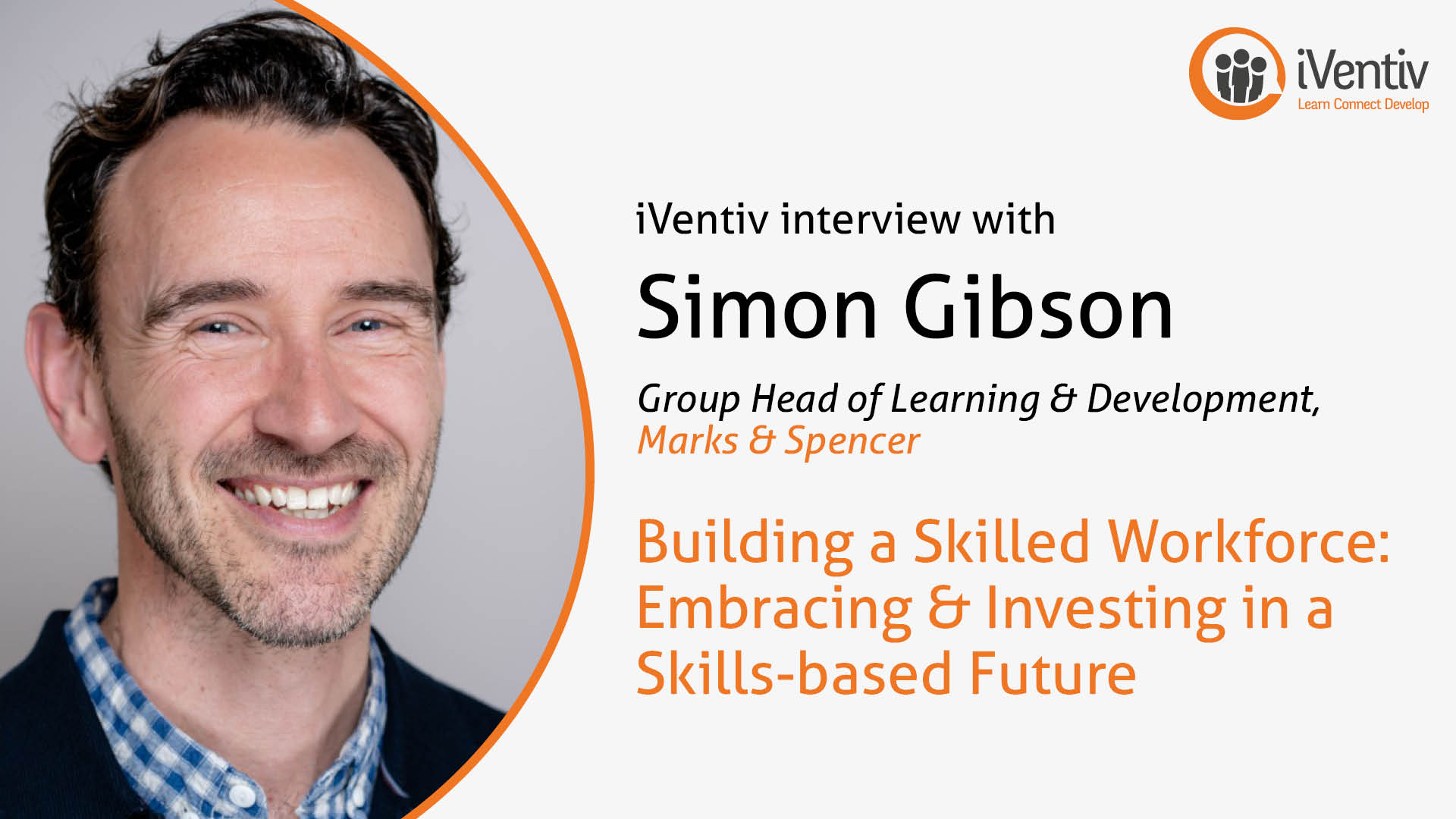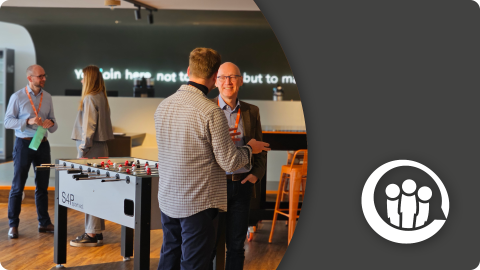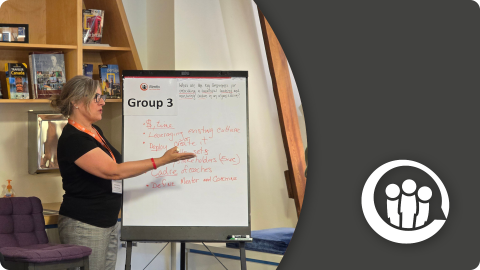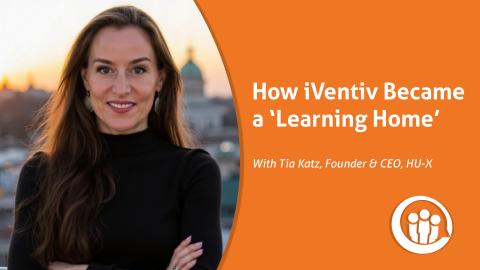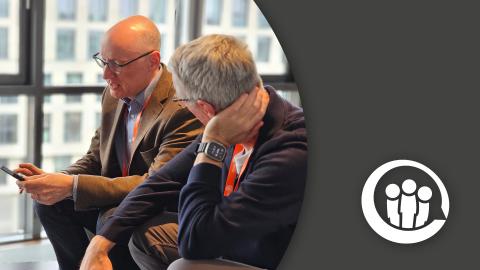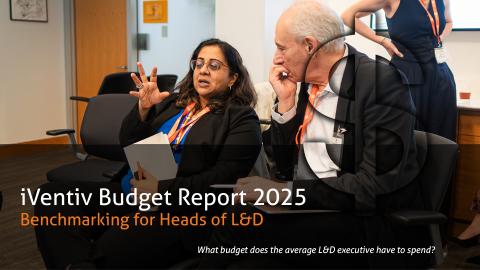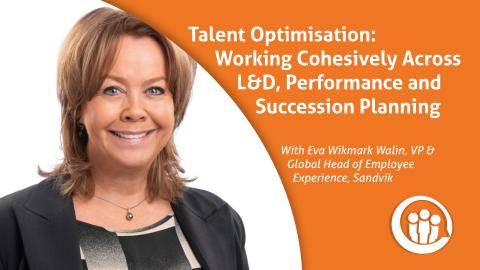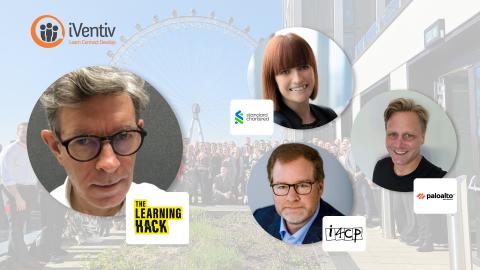Submitted by networkadmin on
In a world grappling with unprecedented change and challenges, the importance of building a skilled workforce is high up on the CLO agenda. Recently, we sat down with Simon Gibson, the Group Head of Learning and Development at Marks and Spencer (M&S), to delve into the heart of what defines a skilled workforce, not just for M&S but for the broader business landscape.
With talent scarcity, economic hurdles, and technological disruptions intensifying, the answer for many is to build a truly skilled workforce. But how, according to Simon, does M&S put this into practice?
What do you define as a skilled workforce in the context of M&S?
For Simon, this question touches upon a broader issue, the productivity crisis, which is affecting not only M&S but also businesses worldwide. In answering, Simon emphasised that this crisis is an issue of utmost importance.
With increasing difficulties in finding the right talent, coupled with economic challenges and technological disruptions, it's essential to create a skilled workforce. But what does a skilled workforce mean for M&S? Simon mentions some crucial aspects:
- Adaptability
- Specialised Skills
- Innovation and Creativity
- Customer-Centric Approaches
- Commercial Acumen
For M&S, building a skilled workforce is not just about hiring the right people. It's about developing the existing workforce to be adaptable, innovative, customer-centric, and commercially savvy. This approach aligns with the company's goal of, not only surviving, but thriving for the next 150 years and beyond.
How is your L&D team upskilling and reskilling workers in the age of AI?
In a world where artificial intelligence (AI) is becoming an integral part of the business landscape, organisations face a unique challenge: how to equip their workforce with the skills needed to thrive in the age of AI.
Simon believes that hiring your way out of the problem is not a viable solution. With the ever-evolving nature of AI and its impact on nearly every aspect of a business, he says, companies must focus on upskilling and reskilling their existing workforce to remain competitive.
As AI technologies continue to redefine business operations, the skills and capabilities required are continually evolving. This, according to Simon, necessitates a paradigm shift in how organisations approach learning and development. The onus cannot be solely on hiring external talent; it must also involve empowering current employees.
What L&D, and skills initiatives are you pursuing at M&S?
In today's rapidly evolving business landscape, organisations must stay ahead of the curve by nurturing skills and fostering growth within their workforce. Simon’s approach has been to leverage the capabilities of L&D in a number of key areas:
- Creativity in Skill Development
- Upskilling from Within
- Leveraging Digital and Data Literacy
- Rapid Adaptation and Innovation
- Mindset Transformation
- Balancing Service and Efficiency
Simon goes on to recognise that continuous learning is a powerful tool to drive growth and adapt to the ever-changing business landscape. In a world where companies are often tempted to hire their way out of skill gaps, Simon’s approach seeks to highlight the untapped potential that resides within existing employees.
What tools and methods are you using to identify the skills you have and the skills that you need?
In a dynamic business landscape where skills are constantly evolving, the answer for many is to build a truly skilled workforce for sustained success. Simon talks about M&S’s distinctive approach to tackling this challenge, shedding light on the tools and methods M&S employs to identify the skills they possess and the skills they need to stay ahead in the ever-changing business world.
M&S's Innovative Approach to Skill Identification
Simon talks about how M&S addresses the skill identification process through a straightforward yet highly effective methodology:
- Assessing current skills
- Anticipating future skill needs
- Bridging the gap: this, according to Simon, identifies the disparity between existing skills and the skills required for the future. If a substantial gap, such as the need for blockchain expertise in a blockchain-related project, is identified, it informs subsequent strategies.
Pragmatic Problem-Solving
Simon mentions that, rather than getting lost in the complexities of intricate skills frameworks or taxonomies, his L&D function focuses on addressing tangible real-world issues; long-term perspectives may not align with the rapid pace at which new skills become essential.
The Iterative Approach to Skill Development
Acknowledging the swift pace of change in business and technology, Simon’s team has adopted an iterative approach to skill development. This mindset, he says, encourages adaptability and resilience in the face of the ever-evolving skills landscape.
What skills do you think you and your learning team should be prioritising?
For Simon, continuous learning is the name of the game. Learning and development teams should have an insatiable curiosity, much like Simon himself. He's a proponent of staying informed, not only within your specific industry but across adjacent industries. Learning from diverse sources, he says, broadens your knowledge and keeps you adaptable in the face of change.
Simon’s background includes experience in sales and relationship management, and he mentions that having a deep understanding of how a business operates is invaluable, particularly now, when every penny in this cost-of-living crisis counts. It’s a reminder that learning and development teams aren't isolated from the rest of the organisation; they need to be well-versed in the business's financial dynamics.
Learning and development teams should understand the economic impact of their initiatives. The ability to quantify savings, boost efficiency, and drive revenue through skills development is crucial.
Simon Gibson is currently the Group Head of Learning and Development at Marks and Spencer. Simon is a modern and experienced Executive level People Leader/Chief Learning Officer. He has real passion to deliver meaningful commercial Change/Transformation via appropriate Learning/Organisational Development/Talent initiatives.
Simon will be joining us for our Learning Futures London event this November (28-29). Register for free now
